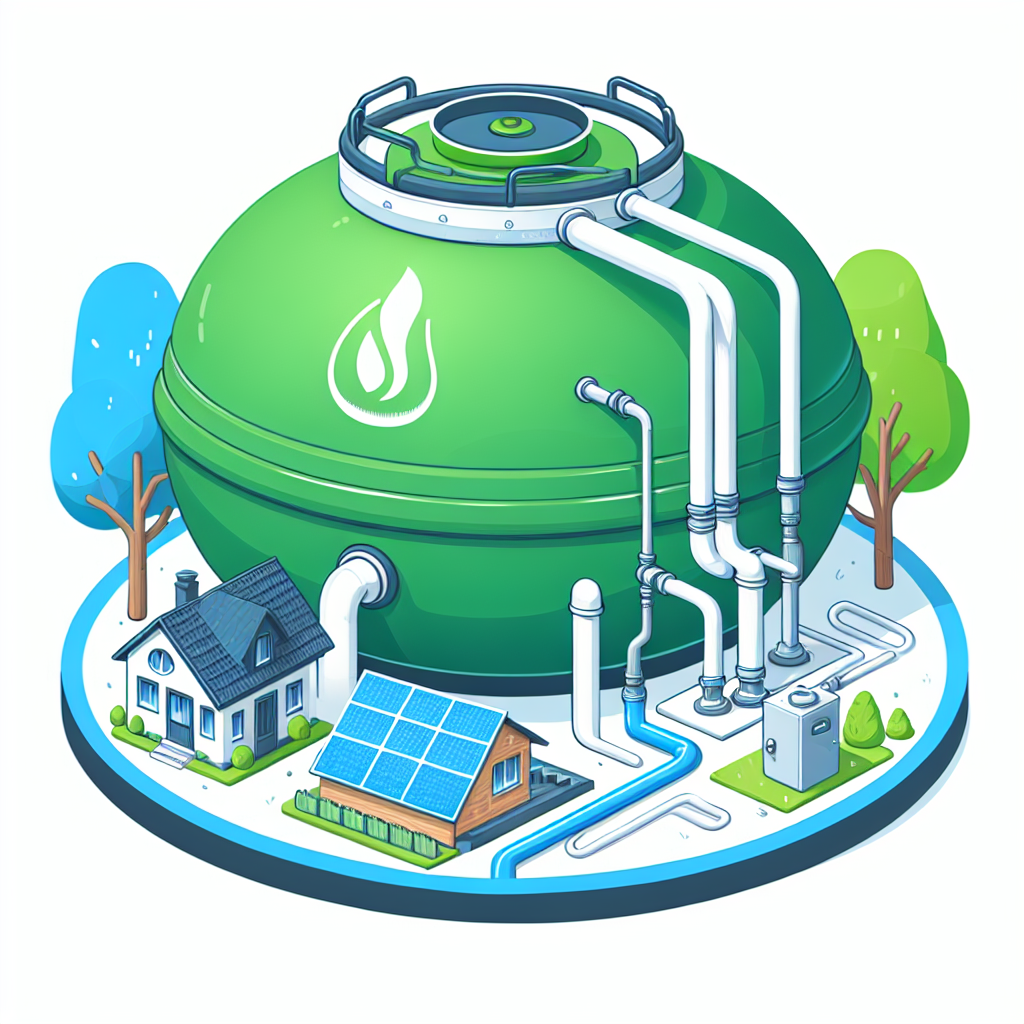CBG Sector Calls for Enhanced Carbon Credit Trading and Farmer Education
Compressed Biogas (CBG) operators discussed the excessive use of chemical fertilisers and the need for a defined carbon credit trading mechanism with Jal Shakti Minister CR Paatil. They emphasized promoting bio-fertilisers and requested government support for sustainable waste management and stronger collaboration between stakeholders.

- Country:
- India
During a meeting with Jal Shakti Minister CR Paatil, Compressed Biogas (CBG) operators discussed the excessive use of chemical fertilizers and the lack of a well-defined carbon credit trading mechanism within the sector.
They highlighted the importance of promoting bio-fertilizers to restore soil health and called for more educational programs for farmers, the Jal Shakti ministry stated.
Operators urged the establishment of carbon credit trading mechanisms to enhance the sector's economic viability and support India's net-zero vision.
Union Minister CR Paatil led the dialogue to review the GOBARdhan Initiative's progress with CBG producers and key stakeholders, stressing the government's commitment to converting organic waste into valuable resources like CBG and organic manure, crucial for achieving India's environmental goals.
The event included representatives from various ministries, departments, and leading organizations. The discussions aimed to bolster collaboration and address the challenges faced by CBG producers, showcasing the government's support for sustainable waste management solutions.
Paatil affirmed, "By converting organic waste into valuable resources, we are protecting our environment, generating employment, and promoting health and well-being. Our government is dedicated to advancing this crucial sector to achieve India's long-term environmental goals."
CBG industry highlighted the Union Budget 2023-24 announcement of establishing 500 new waste-to-wealth plants as a major boost for GOBARdhan. As of now, 113 CBG plants are functional, with 667 plants in development stages and 171 under construction—up from only 19 operational plants in 2020.
The government's Market Development Assistance promotes organic fertilisers with financial support, and financial assistance schemes support the development of CBG infrastructure.
The SATAT scheme ensures CBG offtake with Oil marketing companies at an assured price, while excise duty exemptions and blending obligations with CNG and PNG aim to meet annual targets from 2025-26 to 2027-28.
The Waste to Energy programme by the Ministry of New and Renewable Energy and the Agri-Infra Fund by the Department of Agriculture and Farmers Welfare also provide financial assistance, helping standardize bio-slurry in the Fertilizer Control Order and benefiting CBG projects.
Paatil assured ongoing government support, stating that the sector could soon emerge as a significant industry for the economy.
(With inputs from agencies.)
ALSO READ
Israeli Researchers Innovate Sustainable Aquaponics System to Minimize Environmental Impact
Women in Uttar Pradesh Tie Rakhis to Trees for Environment
Faith and Sustainability: Interfaith Seminar Tackles Environmental Issues in Jakarta
SJ Media Unveils 'Shyam Sundar Paliwal': A Tribute to Environmental Activism
Bihar CM Emphasizes Environment Protection by Celebrating Raksha Bandhan with Tree Rakhi










